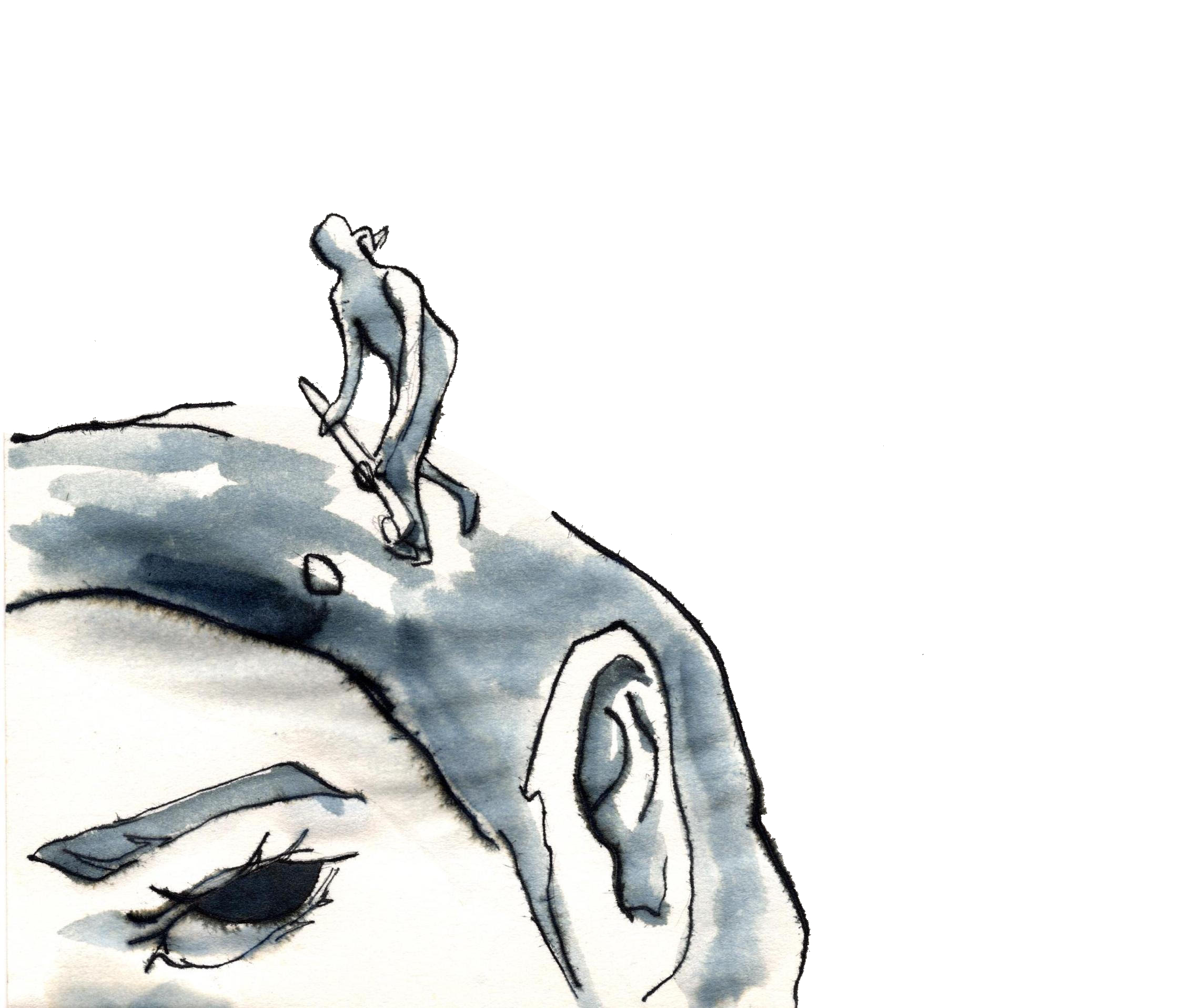Tradition in transition: new connections in the midst of a pandemic
May 1, 2020
“I play field hockey because my dad plays. At first I hated playing. But I was really scared of my dad,” said field hockey player Manveer Sandhu ’22 with a laugh, “So I kept playing, even though I didn’t want to.”
Everything changed when her father began a club team during Sandhu’s first year in high school.
“I started to like it when I started playing in school. That was when I really understood why he loved it so much. Being out on the field with your best friends is what I love about the game, and it’s why I kept playing,” she said. “I met some of my best friends playing field hockey.”
Bowdoin field hockey, like many other teams, has made the effort to stay in touch over the course of the pandemic. Not only does the team have weekly meetings, but they also have workout groups, rotating individual meetings and team hangouts.
“As a pre-med student and a humanities minor, my workload really hasn’t gone down that much at all. Some days it feels like a lot to pack into a day,” admits Sandhu.
Sandhu is fortunate enough to live not only next to her grandparents, but with other extended family next door too. During the field hockey season, all these family members do everything possible to come to as many games as they can. Now that she’s home full time, they provide a different kind of support.
“My parents’ cousins are my aunts and uncles—my cousins are like my brothers and sisters. As a result, there’s always noise in this house. I never really talk about this aspect of my family just because it’s my normal. And I understand that it’s difficult to accommodate for everyone—my family just runs different hours than a lot of my teammates’,” she explained.
Future seasons in the NESCAC and the NCAA remain uncertain. Looking ahead to the fall semester, Sandhu knows what the risks could be: potentially losing a season of the sport that connects her to her nuclear and her Bowdoin family. Most Bowdoin students graduate in four years, taking the minimum thirty-two credits to graduate. Bowdoin athletes have other aspects to consider. Should an athlete’s season be cancelled because of the virus, in order to play for Bowdoin for four years and still take just the minimum thirty-two credits (the most cost-effective option), an athlete would have to take one to two semesters off to still be eligible, according to NCAA regulations. As a result, many athletes, DI and DIII alike, are considering this option in order to play for the institutions to which they were recruited.
“I know coming back to play and not [being with my current] grade wouldn’t be the same,” said Sandhu. “Not being able to be with my friends who don’t play field hockey wouldn’t make Bowdoin the same. I would be devastated if we lost our season next year. I feel like this coming season would be a redemption not just for me, but for all of us. But even though we’re in this transition phase, even in the possibility that I would lose a season, the first years have a great foundation that they can build from. I think it’s best for me to stay on track.”
Because field hockey is such a big part of her life at school as well as at home, Sandhu explains that she doesn’t feel like she would be losing the sport she loves so much by enrolling in another semester of remote learning.
“I’ve seen my dad start coaching, and I’ve seen him continue to play at his club in the city. I know there’s more opportunities for me with regards to field hockey,” she said. “Playing one competitive season in college has given me the chance to find other things that I’m passionate about.”
Sandhu’s connection to field hockey highlights the loss that so many Bowdoin athletes feel in the midst of an uncertain future. Still, the family that she has built through sports reveals the power athletics has in keeping people together—across busy lives, time zones and state lines. Since the beginning of the pandemic, human connection has changed and will continue to do so. But this pandemic has also given us the chance to build new traditions that connect in unexpected ways. Sandhu takes one more page out of her father’s book in this respect.
“He’s started to reconnect with some of his past teammates. They’re in a group chat, talking about old times on their teams. That’s going to be me in 20 years, maybe when I’ve lost touch with my old teammates during a pandemic,” she laughed.
As her father’s connections remind her, though Sandhu’s life as an athlete is in a phase of transition, her field hockey family is forever.


Comments
Before submitting a comment, please review our comment policy. Some key points from the policy: